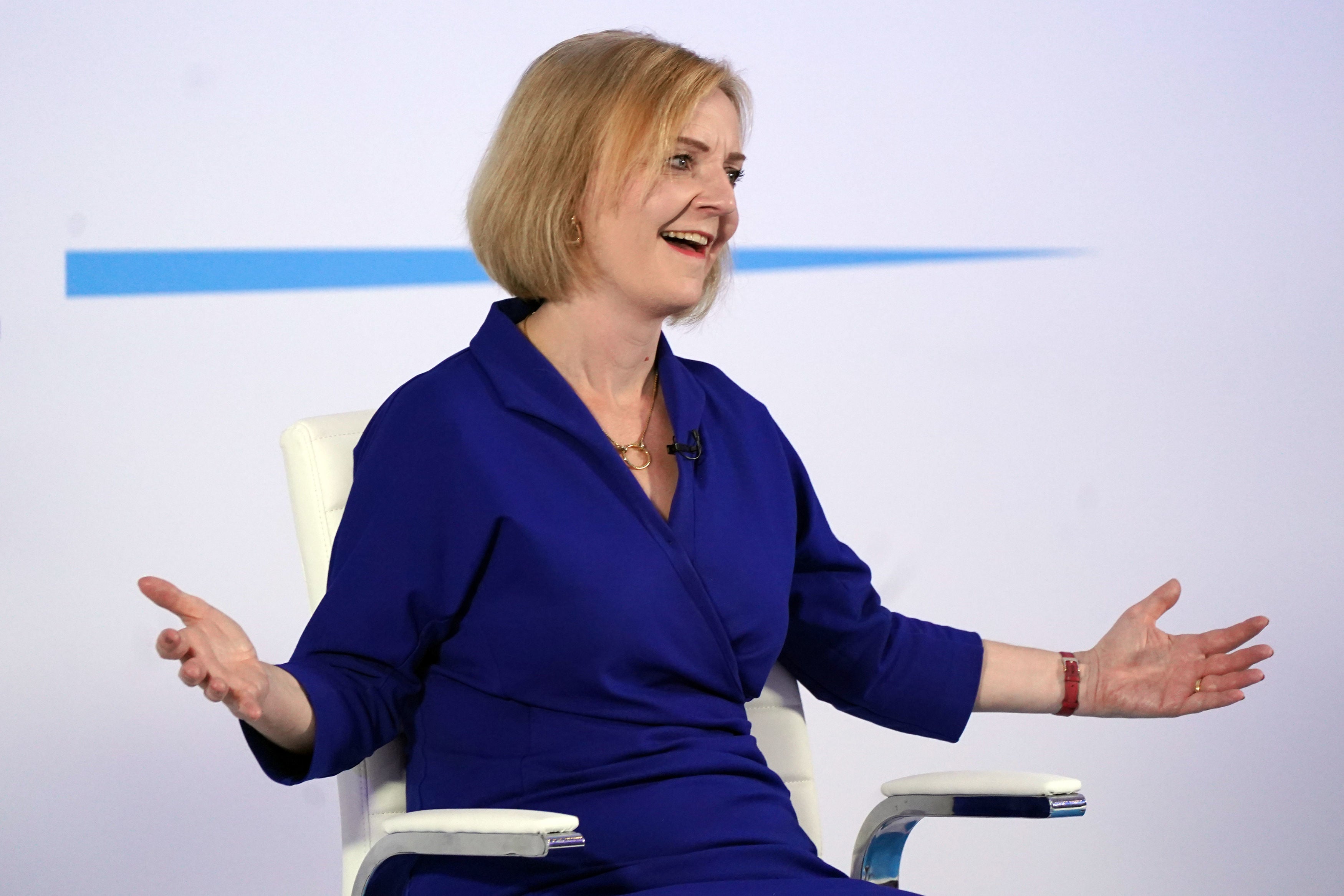How Liz Truss’s cabinet choices risk repeating Boris Johnson’s mistake
The likely next PM is poised to surround herself with true believers – when powerful enemies will lurk, writes Rob Merrick


When Liz Truss gathered trusted aides at her grace and favour pile in Kent, it was not to discuss how to win the Tory leadership race – something they are confident she has accomplished.
No, it was to scribble out the likely next prime minister’s choices to sit around her cabinet table, which involves a crucial decision about what sort of government she will lead.
Three years ago, in identical circumstances, Boris Johnson made his choice – which was to turn to his most loyal allies, in particular the hard Brexit Tory gang, and it was not a success.
There was incredulity at comebacks for the disgraced Priti Patel, as home secretary, and Gavin Williamson in the education brief. The maverick Jacob Rees-Mogg was Commons leader.
One Nation voices were almost entirely missing – a trend underlined when Nadine Dorries was made culture secretary, truly a triumph of mateship over talent.
Three years on, the whispers from that get-together in the luxury of Chevening country house are that Ms Truss also wants to keep her tent ideologically pure.
In an economic crisis, a close relationship with No 11 is more crucial than ever, so it is no surprise that business secretary and longstanding ally Kwasi Kwarteng is lined up to be chancellor.
But many will struggle to understand why Suella Braverman – the attorney general behind murky behaviour over the Northern Ireland protocol legal advice – is the probable home secretary.
Could it be that Ms Truss is keen to put an even more committed culture warrior in the post than Ms Patel, who is on the way out?
The suggestion that Mr Rees-Mogg will be levelling up secretary must be a joke – unless Ms Truss wants to kill off the concept entirely – but the arch Brexiteer is certain to get a top job.
Most extraordinary is likely returns not only for Iain Duncan Smith, almost 20 years after he was deposed as leader, but also John Redwood after a 27-year absence from the top table.
It all points to the new leader’s determination to surround herself with low-tax, anti-regulation, free-market Tories – after a campaign spent worshipping at the shrine of Margaret Thatcher.
But this is not 1979 and Ms Truss will enter Downing Street during an economic crisis, needing to make momentous and unpopular decisions that will wreck any hopes of a honeymoon.
Furthermore, she will be the first incoming leader not to be supported by most of her own MPs. Just 50 backed her in the first round of the contest.
Powerful enemies will lurk on the backbenches – Michael Gove, Rishi Sunak, maybe even Mr Johnson, as he dreams of a comeback. She would be wise not to add to them.





Join our commenting forum
Join thought-provoking conversations, follow other Independent readers and see their replies
Comments